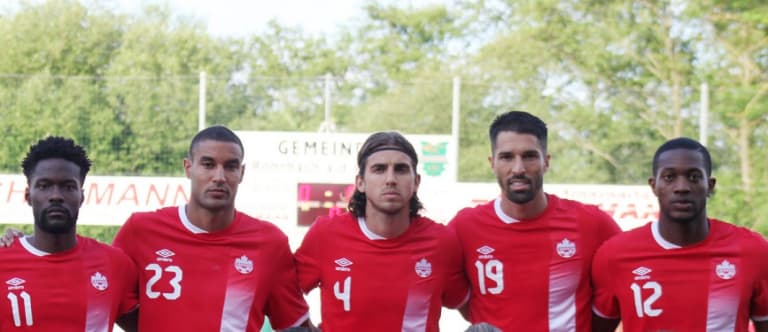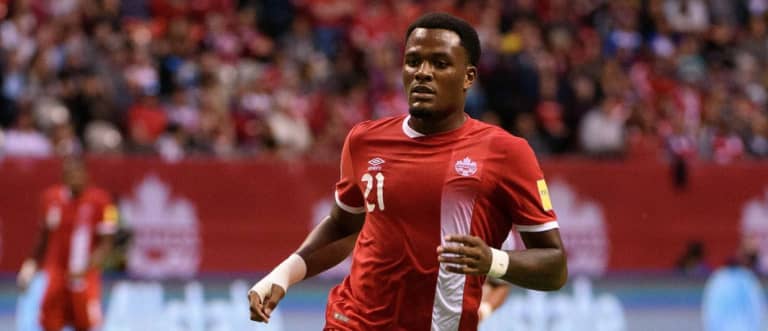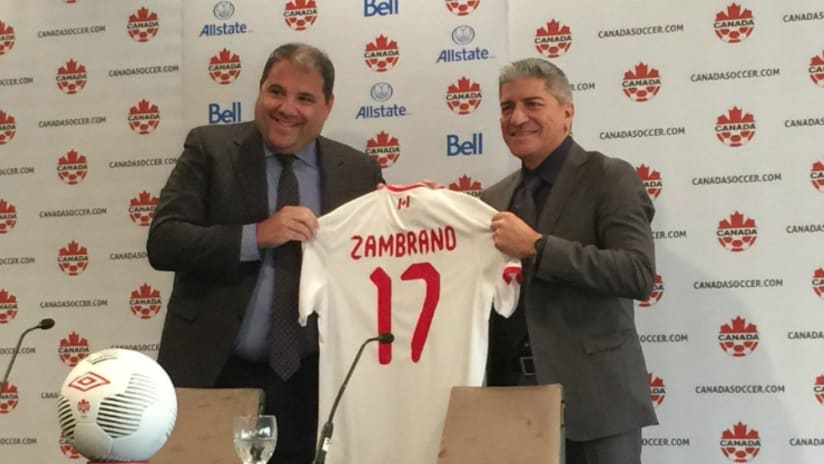Canada need some magic to get out of the doldrums, so they’ve turned to the wonderful wizard of OZ.
That’s Octavio Zambrano, the 59-year-old Ecuadorian who on Friday was unveiled as the new head coach of the Canadian men’s national team. He replaces Benito Floro, whose three-year tenure ended in September when Canada was eliminated from contention for the 2018 FIFA World Cup.
Zambrano will assume top-to-bottom control of the men’s program, down to the U-14 level (similar to John Herdman’s role with the women’s program), giving him the chance to build a player pipeline to suit his plans.
That, however, will take years to come to fruition. In the meantime, the nation turns its lonely eyes to Zambrano’s on-field results with the senior side, starting with a June 13 home friendly against Curacao.
That match serves as preparation for July’s CONCACAF Gold Cup, a tournament in which Canada haven’t scored in their past two tries. While getting a win (or, gasp, perhaps more than one!) would provide a welcome injection of hope, Zambrano’s tenure won’t be defined by what happens this summer.
Rather, it’ll be defined by the answers to these three questions in the coming years.
Can he keep the reinforcements coming?

Despite a reputation to the contrary, Canada have actually been quite good at luring new senior-team talent in recent years, from Tesho Akindele and Junior Hoilett to Scott Arfield and Jayson Leutwiler.
While the number of skilled players with Canadian eligibility is finite, it’s incumbent upon Zambrano and his staff to continue bolstering the senior team’s talent pool by any means possible, especially given the program’s perilous lack of depth at several positions.
What flavor will his team have?
Give the same ingredients to two chefs, and you’ll end up with two different dishes. When presented with Canada’s player pool, Floro decided the team’s only hope was playing a rigid defensive structure. It drove fans up the wall, but was almost enough to get the team through to this year’s Hexagonal round.
Given largely the same ingredients (with a few key differences, which we’ll get to in a second), Zambrano has a different meal in mind. Asked by Sportsnet’s James Sharman about whether Canada has the players to implement a more “attacking philosophy,” Zambrano quickly answered in the affirmative.
One such player is surely Cyle Larin, a bonafide MLS superstar (0.64 goals per 90 minutes in his first two seasons at Orlando City) who hasn’t yet replicated that form for the national team (0.33 G/90 in 18 appearances for Canada). Can Zambrano find a way to unlock his potential for Les Rouges?
Will club success translate to the international game?

Zambrano is among the most successful managers in MLS history, and has also led teams in Europe and South America. But this is his first job managing a national team, a gig that comes with its own quirks and challenges.
While club managers can turn to their bosses for help during the transfer window, Zambrano will have no choice but to work with the player pool he’s got, a group that has traditionally struggled to get consistent playing time at the pro level.
He’ll also have to deal with the recent retirement of captain Julian de Guzman, a long-term injury to David Edgar and the possibility that Atiba Hutchinson has already played his final game for Canada.
And as if that weren’t enough, he’ll have to work within not only the idiosyncrasies of the CONCACAF region, but within the Canadian culture of soccer self-sabotage, where stakeholders at all levels can seemingly never get out of each other’s way.
With every failed World Cup qualifying campaign (it’s eight and counting), the honeymoon period for Canadian managers keeps getting shorter. So, like it or not, Zambrano will need to start clicking his heels together sooner rather than later.














